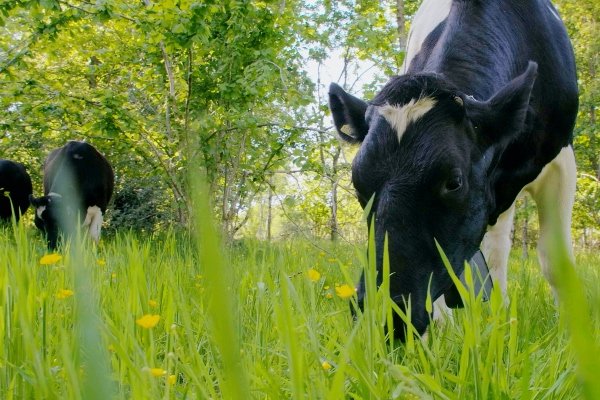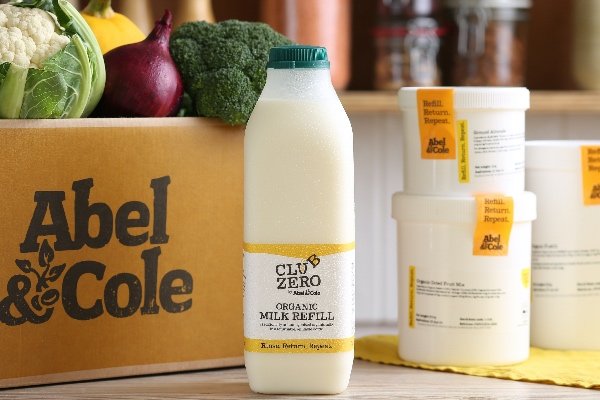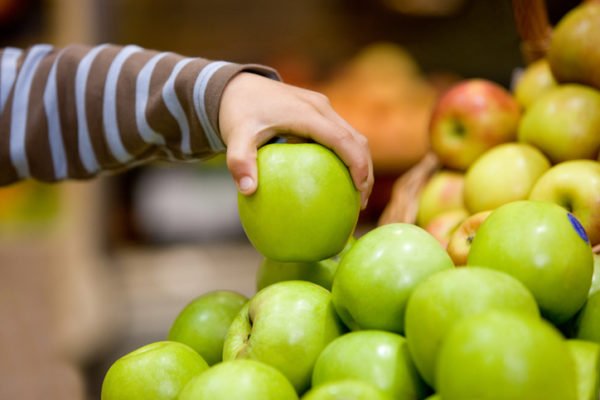This article first appeared in our Earth Day issue of My Green Pod Magazine, published 22 April 2024. Click here to subscribe to our digital edition and get each issue delivered straight to your inbox
Here at Soil Association, we receive a not insignificant number of emails from you, organic shoppers, about the packaging used for organic products.
Considering that packaging will only mitigate around 2% of global emissions, this often feels like a disproportionate level of concern – yet I find myself sympathising.
To paraphrase: ‘organic products should not have any packaging; why do you allow plastic packaging in your standards, and what are you doing in your standards to reduce harmful packaging?’
Inorganic materials do not sit easily with brand organic. We eschew synthetic materials in many of our standards – from fertilisers at farm level to fibres in clothes – yet we do permit a number of them in packaged goods.
Freedom to pioneer packaging
The first thing I’d like to say is that organic aims not to be a gold standard of perfection.
Instead, organic is a truly regenerative code where we see organic as the floor – not the ceiling – in a world of continuing improvement.
There is certainly much room for improvement when it comes to how we package many of the products we consume, yet the transition to more sustainable packaging will require a collaborative approach.
Yes there is room for hard lines, but businesses must also seek to pioneer without the crude stick of standards as they respond to our concerns around packaging and waste.
Organic standards
As a standard setter in the organic sector, Soil Association has additional standards to the GB organic regulation which may not always be evident to shoppers buying organic products. Detail lovers can read these standards on our website.
We don’t aim to eliminate all packaging in our standards, but recognise that the way certain packaging materials are manufactured and disposed of can have very negative impacts on the environment and human health.
The Soil Association standards do restrict the use of certain ‘problem plastics’ and harmful chemicals that are used in the packaging sector, such as phthalates and bisphenol.
We recognise that our standards will never be a perfect solution for the most sustainable packaging; this is a fast-moving industry and the evolution of standards is a long and detailed process.
We can, however, continue to push the envelope on the minimum requirements businesses must meet.
 Play Video about This Rock Might Just Save The World
Play Video about This Rock Might Just Save The World Play Video about Play 2 hours of rock
Play Video about Play 2 hours of rock Play Video about Play 2 hours of brook
Play Video about Play 2 hours of brook Play Video about Play 2 hours of sheep
Play Video about Play 2 hours of sheep













































